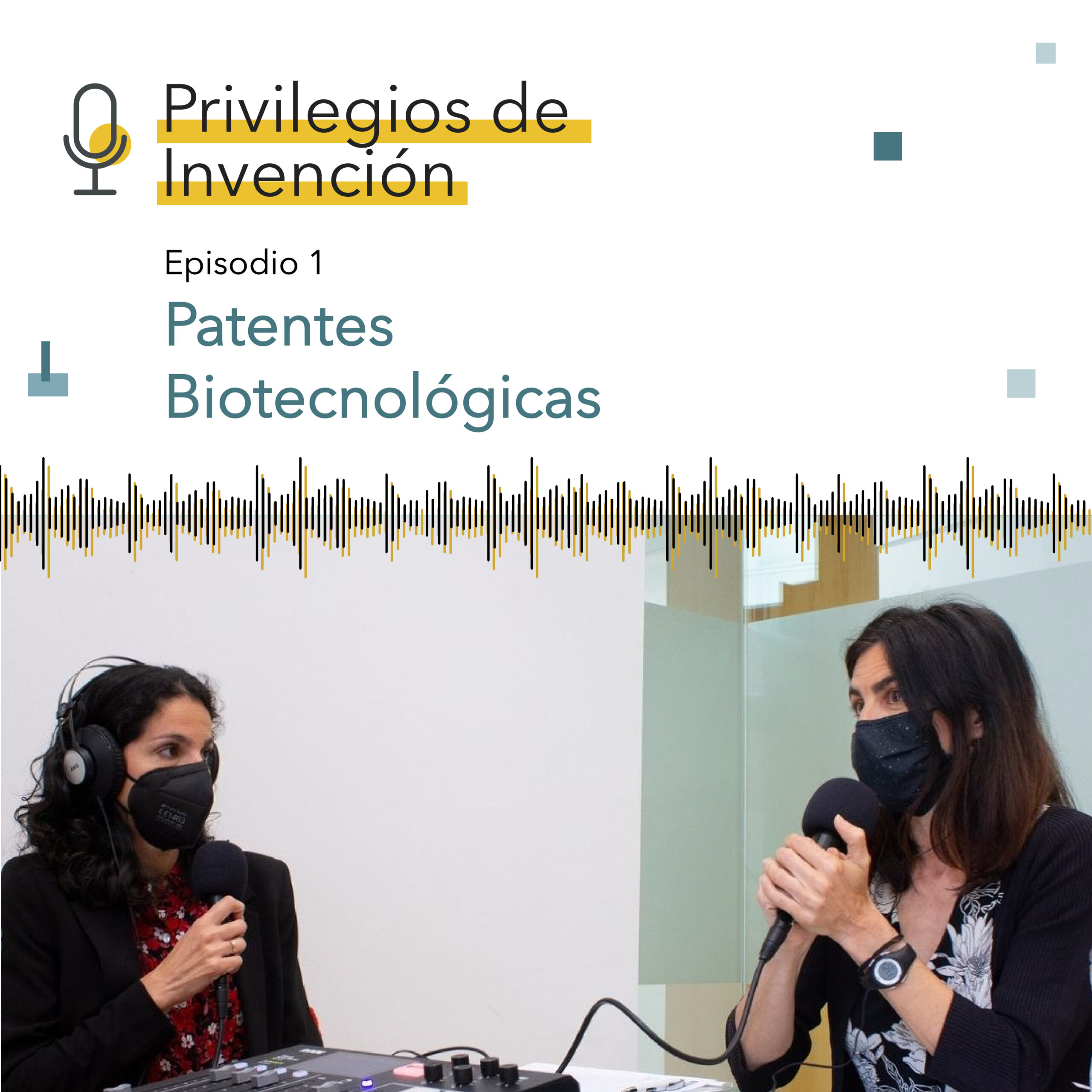On July 23, 2018, the Chamber of Deputies approved the Preliminary Draft of the new Law on Trademarks, which thoroughly amends Law 17/2001, of December 7, 2001, on Trademarks, in order to adapt it to Directive 2015/2436 of the Parliament and of the Council, of December 16, 2015, on the harmonization of the laws of the Member States with regard to trademarks.
In this post, we will focus on one of the reforms introduced by said Draft, in particular, the issue of possible actions for nullity and revocation that may be filed against Spanish trademarks that have been granted.
Currently, the Law on Trademarks provides that legal actions requesting the nullity or revocation of a trademark (except in exceptional cases, see Article 55.1 last paragraph, Law 17/2001) must be filed before the Courts.
The aforementioned Draft establishes in its First Additional Provision, paragraph 2, that as of the entry into force of the Draft, actions for the nullity and revocation of trademarks shall be filed before the Spanish Patent and Trademark Office (SPTO), or where appropriate, by means of a counterclaim in a trademark infringement lawsuit that is filed before a Commercial Court. This is in line with the new EU Regulation 2017/1001 of 14 June 2017 on the European Union trademark, which entered into force in October 2017.
Despite the fact that the entry into force of the amendments to Law 17/2001 included in the aforementioned Draft Law is scheduled for 14 January 2019, the entry into force of said First Additional Provision, section two, which we have been commenting on, is delayed until January 2023, so that the SPTO may prepare what is necessary to assume the new competence assigned to it by the Draft Law.
As a result of the foregoing, the Draft introduces procedural rules relating to the connection of cases (Article 61 bis, entitled litispendency and preliminary ruling), insofar as it is necessary to regulate what happens when nullity or revocation actions are being dealt with at the same time before the SPTO and before the Courts. It should be remembered that, apart from actions for nullity or revocation before the SPTO, the Draft allows such actions to be brought by the defendant in an action for infringement of trade marks, by means of a counterclaim, so that it was absolutely necessary to regulate this connection of actions.
In principle, we must welcome the fact that Spanish trademark legislation is harmonized with that of the European Union in order to avoid undesirable situations. However, when this rule enters into force, it will be possible to assess the appropriateness of the measure adopted, consisting of partially depriving the Commercial Courts of their powers in order to attribute it to the SPTO, since it is clear that the Commercial Courts have a great deal of experience in the evaluation of evidence according to sound criticism, which is particularly relevant for resolving certain trademark actions of nullity, such as that governed by Article 51 of the Law on Trademarks (application for trade marks in bad faith and assessment of the evidence in this respect), or, for example, revocation proceedings for non-use, in which it is to be determined whether the trademark has been used for the goods or services it protects, on the basis of the evidence provided by the parties.
By Jean Devaureix. Deputy Director of the Legal Deparment




